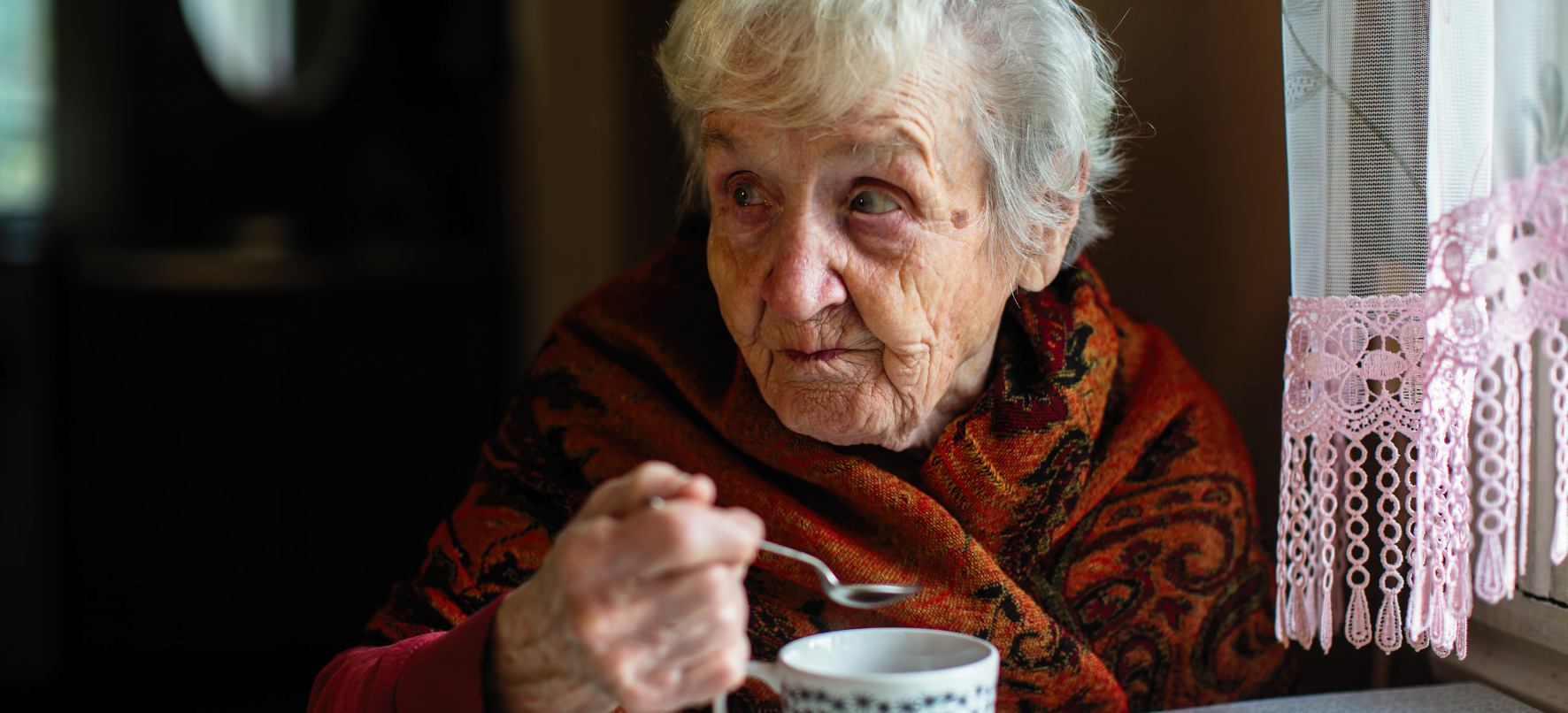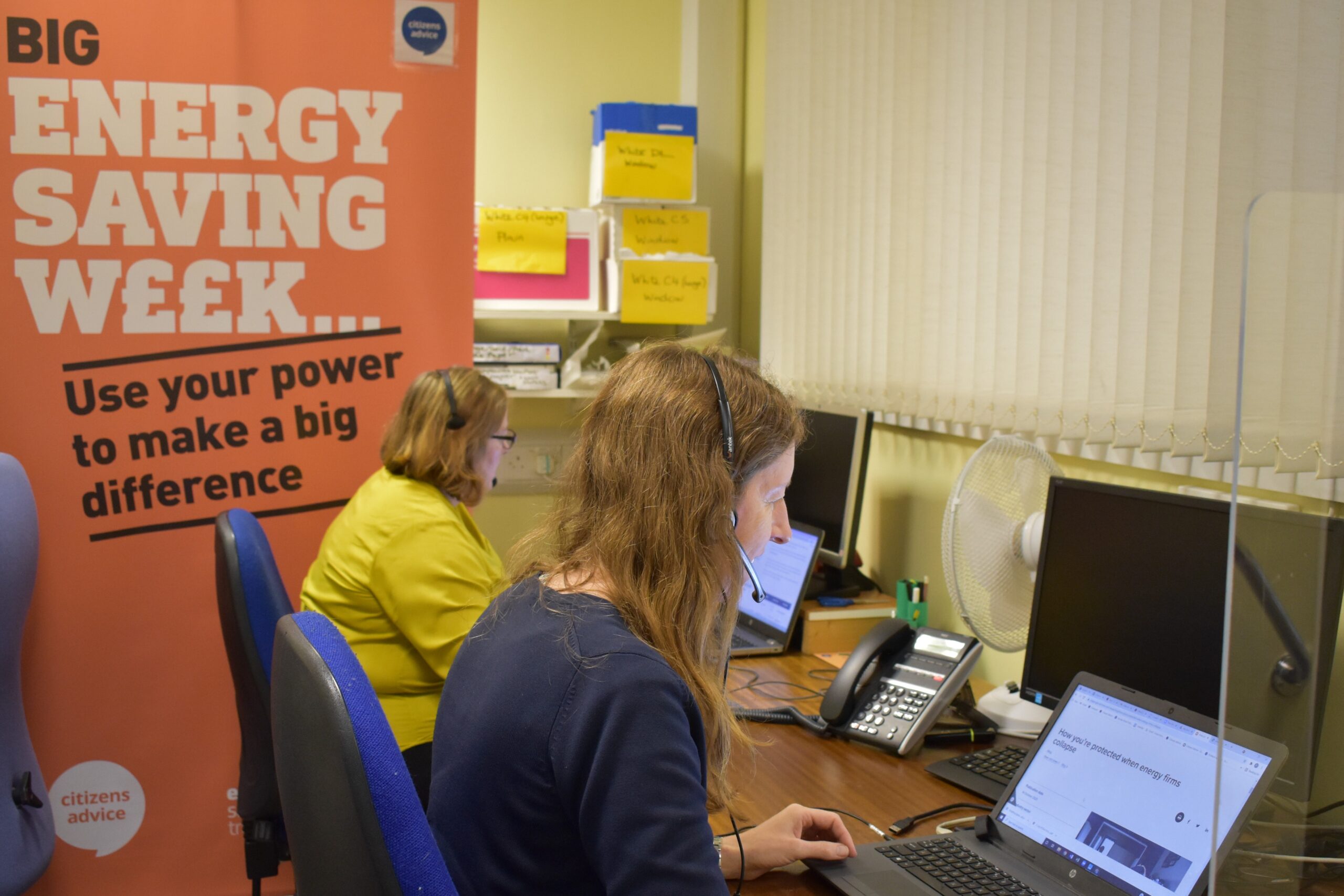AN expert in the care of older people has backed Dorset Community Foundation’s Surviving Winter appeal.
The appeal works with Citizens Advice to distribute £200 grants to help to identify pensioners and vulnerable people aged 50 and over living in fuel poverty who often can only afford to heat one room for a few hours a day and routinely skip meals to save money for their bills.
Dr James Richards, a consultant physician and geriatrician at Dorset County Hospital, said the campaign to keep older and vulnerable people living in fuel poverty warm could save lives.
“We are seeing a lot of who are genuinely hypothermic. Some need-rewarming and have suffered damage to their skin or their extremities from the cold,” he said. “Some of them have come from really cold houses because they cannot afford to have heating on.”
Hypothermia can increase an older person’s chances of suffering heart disease or kidney damage and worsen the effects of sepsis.
Many older people worrying about bills have told Citizens Advice energy advisors that they have turned their heating off because they are frightened of receiving large bills.
Some of them have come from really cold houses because they cannot afford to have heating on
But Dr Richards, who has been with the hospital’s department of medicine for older people for eight years, said the cumulative effects of living in a cold house can worsen respiratory illness and make infections more likely.
“Pneumonia and other infections are more likely as your body temperature goes down,” he said. “This is far more common when people are not having their heating on at all or damp has worsened when homes are colder.
“There are many areas in the body that don’t work so well when you are cold. A lot of the body’s enzymes that help with digesting food and fighting infection don’t work so well below normal body temperature. Being cold is generally bad for your immune system.”
Being scared about unaffordable bills also prompts many older and vulnerable people to skip meals, or buy cheaper food but, said Dr Richards, this can add to the risks they face. “When you are cold your body’s response is shivering and moving around more which uses up energy,” he said.
“But when you are in the cold you use up more energy. It’s a bit of a double whammy because if your house is very cold you need more energy going in to keep your body temperature normal but older people are the ones who are not eating so much.”
He and colleagues are seeing more patients with mental health issues and believe that being isolated in cold, damp homes is a factor. “We do deal with quite a lot of mental health difficulties, such as depression and anxiety, in older people, and there has been quite a bit of work on meeting people’s basic needs, particularly their food and fluid intake, their ability to have a wash and having some warm water to do that,” he said.
“Being able to keep the house warm contributes towards to people’s general feeling of wellbeing and health.”
Find out more about Surviving Winter and donate here.
Pictured: Dr James Richards, a consultant physician and geriatrician at Dorset County Hospital



